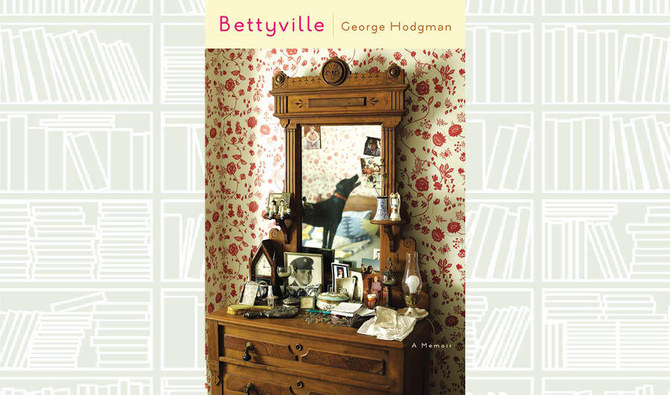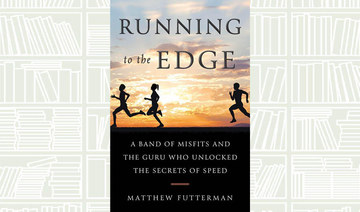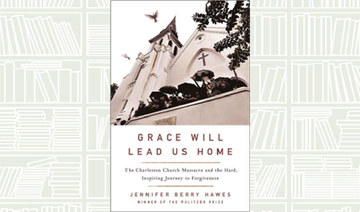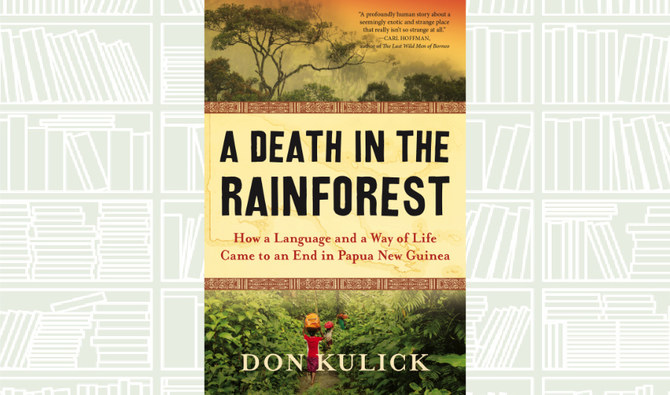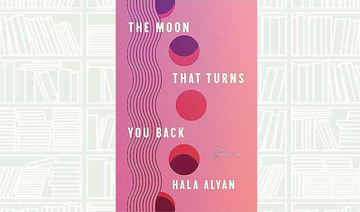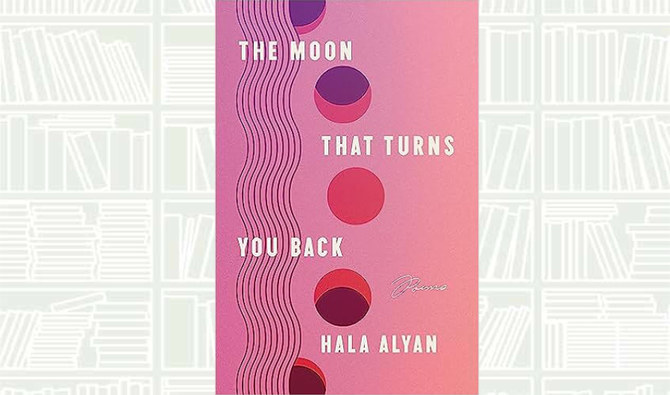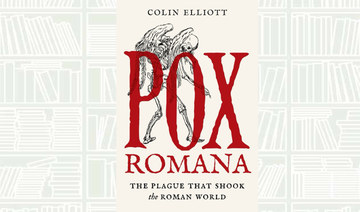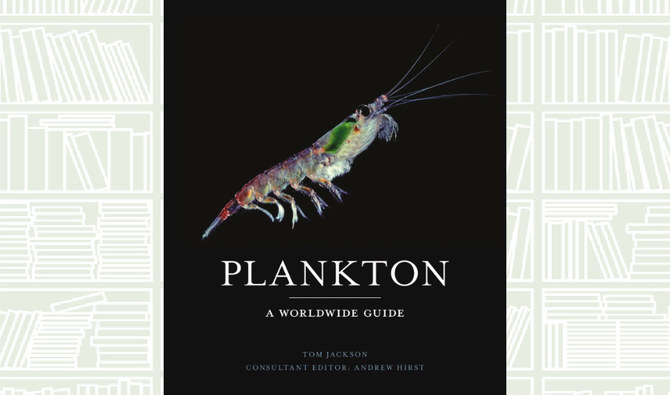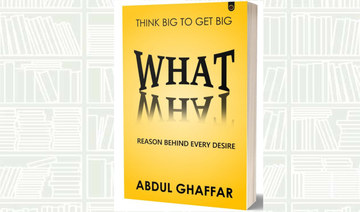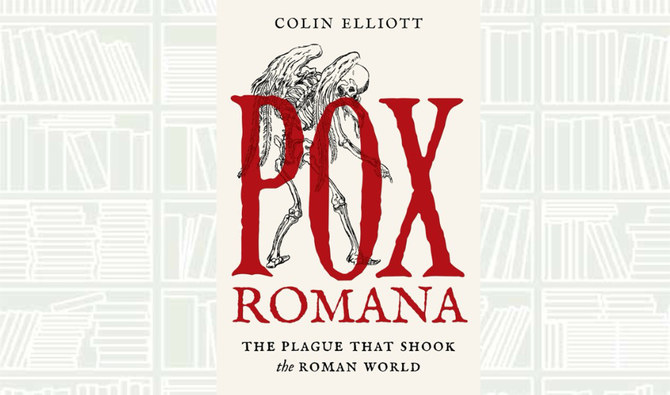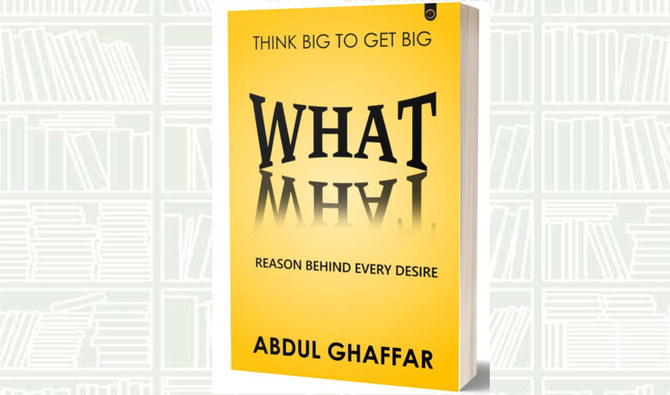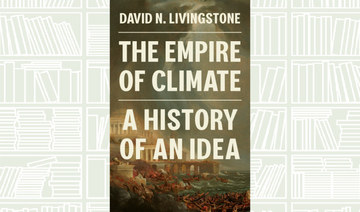Author: George Hodgman
Bettyville is a touching memoir about the relationship between a mother and son.
It is a memoir written with love by a man who returns home to care for his aging mother.
Author George Hodgman captures life as it was in small-town Missouri, where he grew up.
Hodgman “is a good writer, knows how to use repetition to good effect, knows how to tease the reader and then pull away, later returning to tease again,” said a review in goodreads.com.
“The memoir would especially appeal to those with family members with dementia as well as those who want to understand how it feels to want not to hurt or disappoint the ones you love,” it added.
“There are chapters on the colorful residents; there are sections on George’s publishing career; there are some awkward and frustrating stories from his childhood; and there are memories of his parents and grandmother,” said the review.
Hodgman died on Saturday at his home in Manhattan. He was 60.
“The book is instantly engaging, as Hodgman has a wry sense of humor, one he uses to keep others at a distance,” Eloise Kinney wrote in a review in Booklist.
“Yet the book is also devastatingly touching.”



